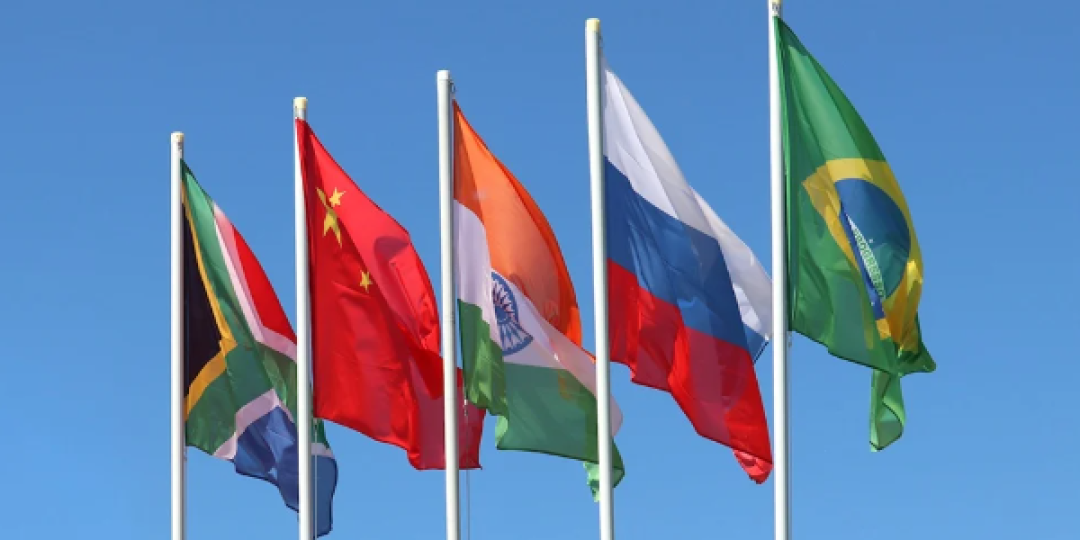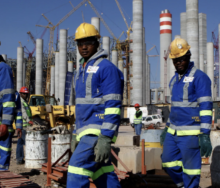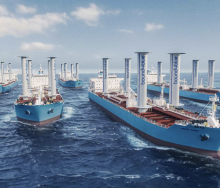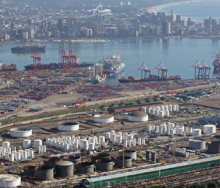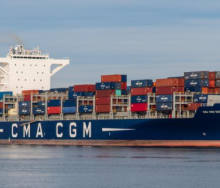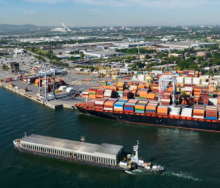Countries wishing to become members of Brics should have their answer this week when the 15th Brics summit concludes in Johannesburg on Thursday.
At present the bloc represents Brazil, Russia, India, China and South Africa.
Ambassador at Large: Asia and Brics at the Department of International Relations and Cooperation, Professor Anil Sooklal, said the way forward for the expansion of Brics had been discussed.
“Those responsible for putting forward recommendations for the guidelines for new entrants met last week ahead of the summit to finalise them.
“These recommendations will be presented to Brics members’ foreign ministers and we are quite confident that an announcement will be made about expansion at this summit,” he said.
About 20 countries were interested in joining it, he added.
Countries that apply, which have sanctions against them, are not precluded from applying for membership. Brics has rejected unilateral sanctions on countries, as is the case with sanctions on Iran imposed by the United States.
He said the body that was mandated to look at and oppose sanctions was the United Nations.
Commenting on this yearning for membership of Brics, he said: “Today a number of emerging market economies are larger than some G7 members and some of the countries in Europe. They have risen, and are more assertive and sure as to what they want. They are frustrated at being regarded as second-tier.
“At the recent G7 summit in Hiroshima, Japan, secretary-general of the United Nations, Antonio Guterres, said that the “Global North” developed countries must do more to ease the frustration of the emerging countries, referred to as the “Global South”. They want to be architects of their own economic future.”
Using South Africa as an example of Brics membership benefits, he said: “Our trade with fellow countries within the bloc has almost tripled since 2013 when we first hosted a Brics summit. It went from R340 billion to almost R800bn.
“India and China have become major investors in South Africa. And there are the elements such as technology and skills transfers and cooperation in agriculture and energy. On the people-to-people front, we have a youth summit where young people from all the Brics nations meet each other, and universities and research organisations work together.
“Some of the emerging economies of Africa and Asia are buoyant at the moment and growing much faster than the developed world. I think for South Africa, Africa and Asia there are great benefits through increased trade and investment,” he concluded.
